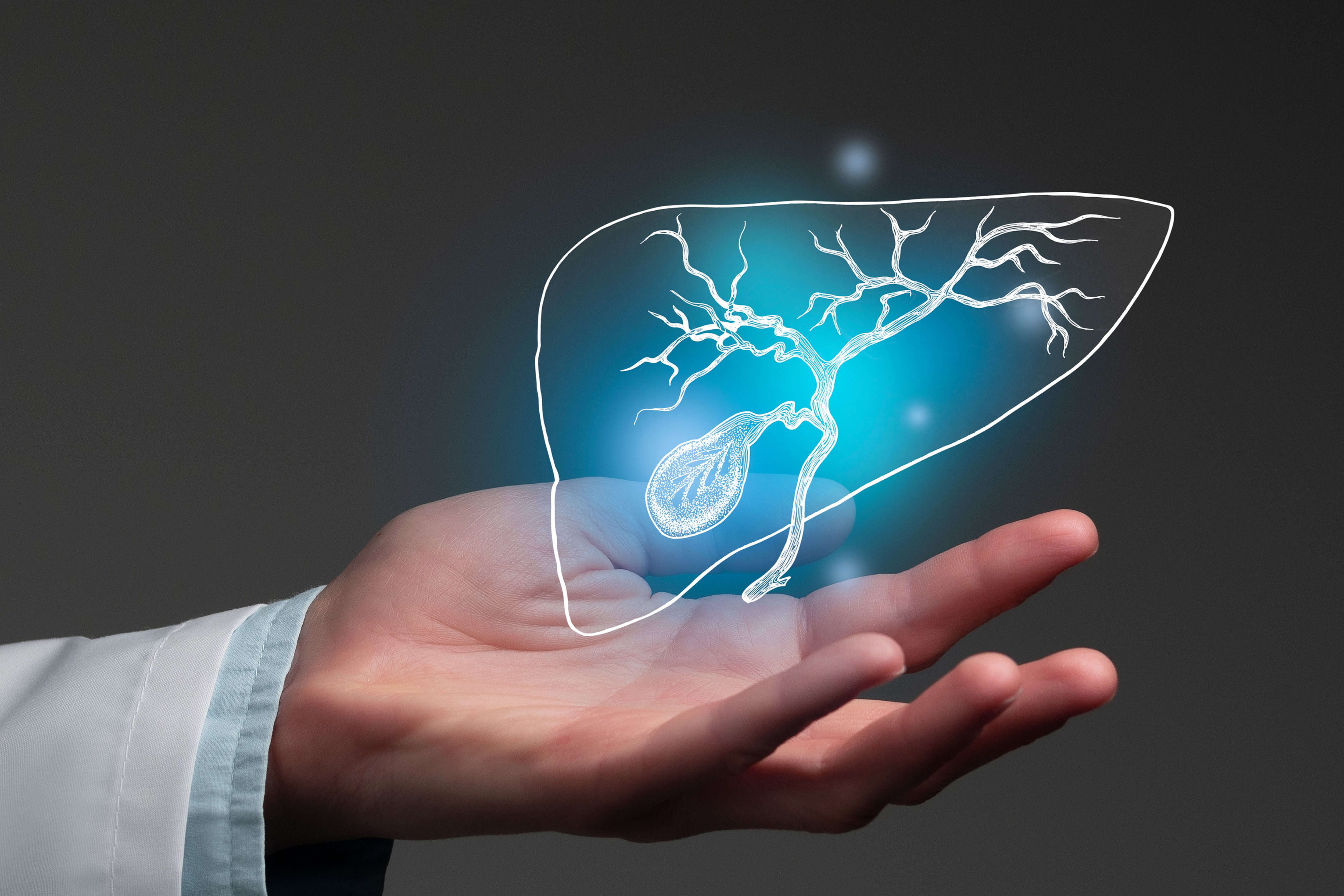Bile Duct Cancer Symptoms
The bile duct acts as a significant channel in the body, transfering Bile from the liver and gallbladder to the duodenum or the upper part of the small intestine. It also stores digestive juice when not in use. Usually, any infection or disease in the gallbladder and liver may affect the functioning of the bile duct also.
Cholangiocarcinoma or bile duct cancer, is one of the most severe diseases in the entire hepatic system that not only impacts the performance of the duct itself but can also spread to the liver and gallbladder through metastasis. Spread in bile ducts cancers can be very rapid, as compared to any other type of cancer. Therefore there is requirement for immediate treatment in such cases. It is therefore important to know the signs and symptoms of this disease, so that the detection can be done early which may help in initiating timely treatment for the same.
Common symptoms of bile duct cancer
Bile duct cancer is often misdiagnosed as a liver or gallbladder problem. This further causes delay in getting the proper treatment, which can worsen the condition and cause cancer to enter the metastasis stage, where the cancerous cells may spread to other sites like the liver or lungs, affecting the lymphatic nodes in the process.
This is why knowing more about bile cancer symptoms is crucial for everyone to visit the doctor on time and get the proper treatment without delay. In the below section, we have listed some of the significant cancer symptoms in people with bile cancer.
Jaundice
One of the symptoms in advanced stages of bile duct cancer is jaundice when there is a blockage in the bile duct, and the stored Bile flows back into the blood. This increases the concentration of bilirubin and biliverdin, thereby resulting in jaundice. You can easily detect this by yellowing the cornea, skin, and nails. Besides, most doctors conduct a liver function test to detect whether the bilirubin and biliverdin levels are within control or have gone out of the normal range, indicating jaundice. Sometimes, it's hard to detect the jaundice symptoms until it's pretty late; treatment can get tricky. That's why consulting a doctor at the earliest is always suggested.
Itching
Itching is also one of the symptoms of bile duct cancer. Although the exact reasons for the same are unknown, it is believed that the growing concentration of Bile in the duct irritates the epithelial layer, thereby leading to itching. You may like to scratch the skin, but it may not still help in relieving the itching.
Dark urine
Since Bile cannot pass appropriately through the duct from the liver to the duodenum, it soon appears in your urine. As the digestive juice contains biliverdin and bilirubin, the color of the urine becomes dark yellow, sometimes so dark that you can even mistake it for black. Also, if you already have jaundice that has originated as a significant bile duct tumor symptom, having dark urine is common. This is why you should go for a routine checkup where the urine will be tested to find if it has any trace of bilirubin or biliverdin, and if yes, then by how much.
Abdominal pain
Due to the accumulation of Bile and the blockade inside the duct, there is a high chance that the duct walls will be inflammed. Also, when cancer spreads to the liver, it causes inflammation of the inner lining of the hepatic cells. So, abdominal pain is considered one of the early symptoms of bile duct cancer that you must be careful about. The pain can differ from one person to another, from throbbing to stabbing or shooting pain.
Loss of appetite
One of the most common symptoms of bile duct cancer is loss of appetite. Your digestive system will be affected due to the absence of bile juice in the duodenum for fat digestion. Bloating, Constipation, and indigestion are some other symptoms of bile cancer. Decreased food intake, loss of appetite may result in inadequate nutrition and thus feeling of tiredness.
Fever
Due to associated inflammation of liver and tracts and also due to spread of disease to nodes that may release lymphocytes, may be associated with further increases body temperature, which is why fever is one of the persistent symptoms of bile duct cancer.
Biliary cirrhosis
Biliary cirrhosis is a condition where cirrhosis occurs in the bile duct and some parts of the hepatic tissues when cancer originates in the portion of the duct that is within the liver. It is pretty rare but might occur in patients who already have hepatic problems from the past.
How is bile duct cancer treated?
Surgery remains one of the major treatments of bile duct cancer, however unfortunately many patients may not be operable when they are detected. In all these cases, as alternative or before or after surgery treatment - radiotherapy is indicated. In all such cases needing radiation, proton therapy has proven to be a very effective, precise and safer treatment modality. By this method, proton machine delivers required radiation directly to the tumor or cancerous cells with maximal sparing of surrounding normal tissues that is mandated in safe delivery of any therapy. Treatment is delivered by machines that is supervised by persons having complete control of the proton beams, so they can decide where the beams will hit and release the energy for killing the cancerous cells. This way, no or minimal normals tissues will be affected unlike in other radiation therapies.
Also, the proton beam can conform according to the shape of the cancerous tumor growing inside the bile duct, releasing energy that can kill the cells until the very end of the visible growth. At Apollo hospitals, proton therapy is done under the supervision of experts who have already gained experience, appropriate licenses, and certification. You will be given all the information concerning the therapy, the future side effects, and the lifestyle you should follow after. It has a higher success rate and doesn't come with other side effects, which is undoubtedly a plus point.
Conclusion
With the bile duct cancer symptoms known to you, there shouldn't be any delay in visiting the doctor and getting all the tests done. Jaundice, darkening of the urine, persistent fever, abdominal pain, and loss of appetite are the most common and significant symptoms of bile duct cancer, do not overlook these or delay your visit to the doctor.

Copyright © 2023 Apollo Proton Cancer Centre. All Rights Reserved





